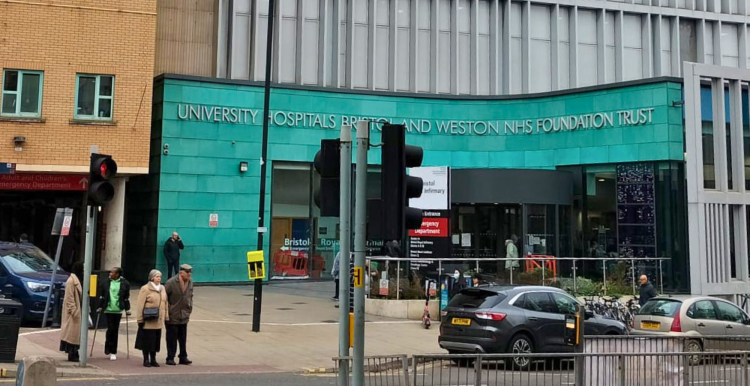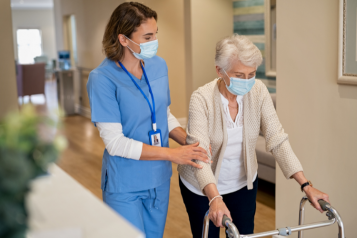Improving the patient journey: from hospital admission to discharge

People recover best at home after a stay in hospital. Staying in hospital longer than necessary can reduce a person’s independence, lead to muscle loss, and increase the risk of healthcare associated infections, pressure sores and becoming incontinent.
One initiative - 'Every Minute Matters' - which has begun at UHBW with the support of Healthwatch, is one of the schemes which is helping improve patient’s journey from admission to discharge.
Read our report: hospital discharge to ongoing care.
Every Minute Matters (EMM) has helped to enhance hospital flow and patient recovery by refocusing on the fundamentals of care on inpatient wards. UHBW is using this approach, among others, to target timely discharges and reduced inpatient stays through collaborative team efforts and coaching.
Since EMM was introduced a year ago, there are tangible outcomes – including a reduction in patient stay of 1.5 days - on wards where EMM is implemented.
Su Monahan, Sister at the Bristol Heart Institute, said:
"Every Minute Matters has made a real difference to our team and patients.
“One of the many benefits is the drive to get patients home sooner. This focus empowers our patients to ask questions and engage in their plan of care. It has had a positive effect on patient flow. It not only benefits the ward, and the hospital, but it also contributes to a positive patient experience."
UHBW's success with EMM has sparked interest from neighbouring Trusts and been integrated into clinical accreditation programs, demonstrating its potential for positive outcomes elsewhere in the healthcare sector.
The implementation of EMM has led to enhanced patient experiences, streamlined processes, and improved staff engagement. Reductions in length of stay have not only improved efficiency but also contributed to significant cost savings.
Vicky Marriott, Chief Officer of Healthwatch Bristol, North Somerset and South Gloucestershire, said:
"Healthwatch Bristol was delighted to provide the user's voice to the work UBHW took forward in their Every Minute Matters (EMM) programme. Our public engagement is funded by the Department of Health and Social Care to create positive changes in health and care.
"When systems are under pressure it is not always easy to put words into action. We are incredibly impressed with their citizen-led approach to improve the hospitals discharge process. They have put patient experience on an equal footing to safety and effectiveness in the definition of this high-quality service."
Several other additional measures have been set up to reduce discharge delays, including the hiring of discharge and flow coordinators.
Further information:
- The cost of a non-elective bed in the NHS is approximately £907 a day, based on the most recent Government figures.
- There has been an improved communication with families and patients.
- Overall patients have reported a better discharge experience thanks to EMM and other schemes in place across UHBW sites.
